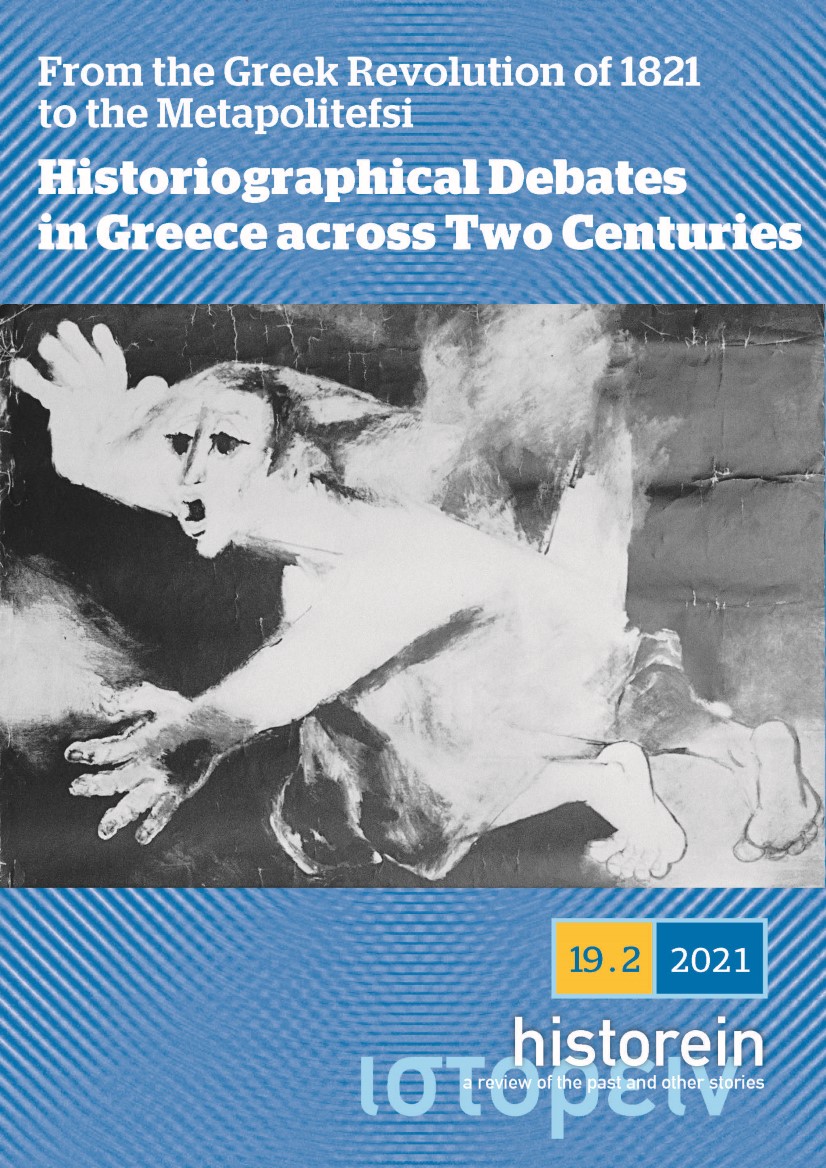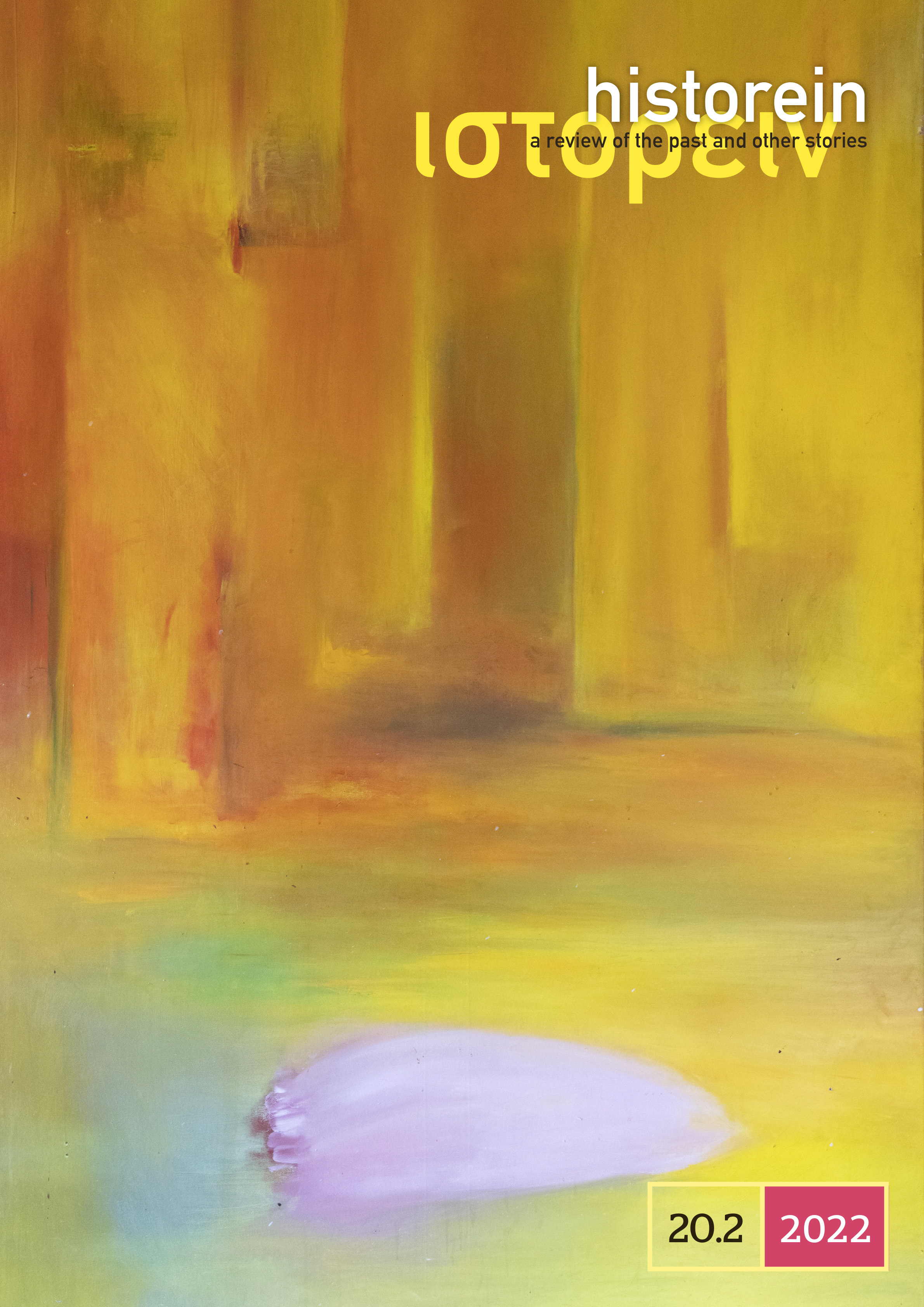The idea of culture and the history of emotions
Abstract
Recently, emotions have achieved a prominent place in historical research. The article tries to outline a reasonable itemisation of the three main streams in this field of study: the history of individual emotions, the study of the role that emotions have in historical processes, and the reflection about the influence of emotions on history writing. The second part addresses the methodological and theoretical status of the study of past emotions. The author criticises their definition as merely cultural phenomena, maintaining that the historian should contextualise historically the very paradigms of “culture” and “emotion”, “passion”, “sentiment”, “mood”, and the like. S/he should also better explore what emotions are, both by cross-disciplinary debate and theoretical reflection. Otherwise the history of emotions will restrict its critical potential and remain imprisoned within modernity’s canonical self-descriptions.
Article Details
- How to Cite
-
Petri, R. (2013). The idea of culture and the history of emotions. Historein, 12, 21–37. https://doi.org/10.12681/historein.160
- Section
- ARTICLES

This work is licensed under a Creative Commons Attribution-NonCommercial-ShareAlike 4.0 International License.
The copyright for articles in this journal is retained by the author(s), with first publication rights granted to the journal. By virtue of their appearance in this open access journal, articles are free to use (with the exception of the non-granted right to make derivative works) with proper attribution for non-commercial uses (licence Creative Commons 4.0). EKT/NHRF retains the worldwide right to reproduce, display, distribute, and use articles published in Historein in all formats and media, either separately or as part of collective works for the full term of copyright. This includes but is not limited to the right to publish articles in an issue of the Journal, copy and distribute individual reprints of the articles, authorize reproduction of articles in their entirety in another EKT/NHRF publication, and authorize reproduction and distribution of articles or abstracts thereof by means of computerized retrieval systems.





